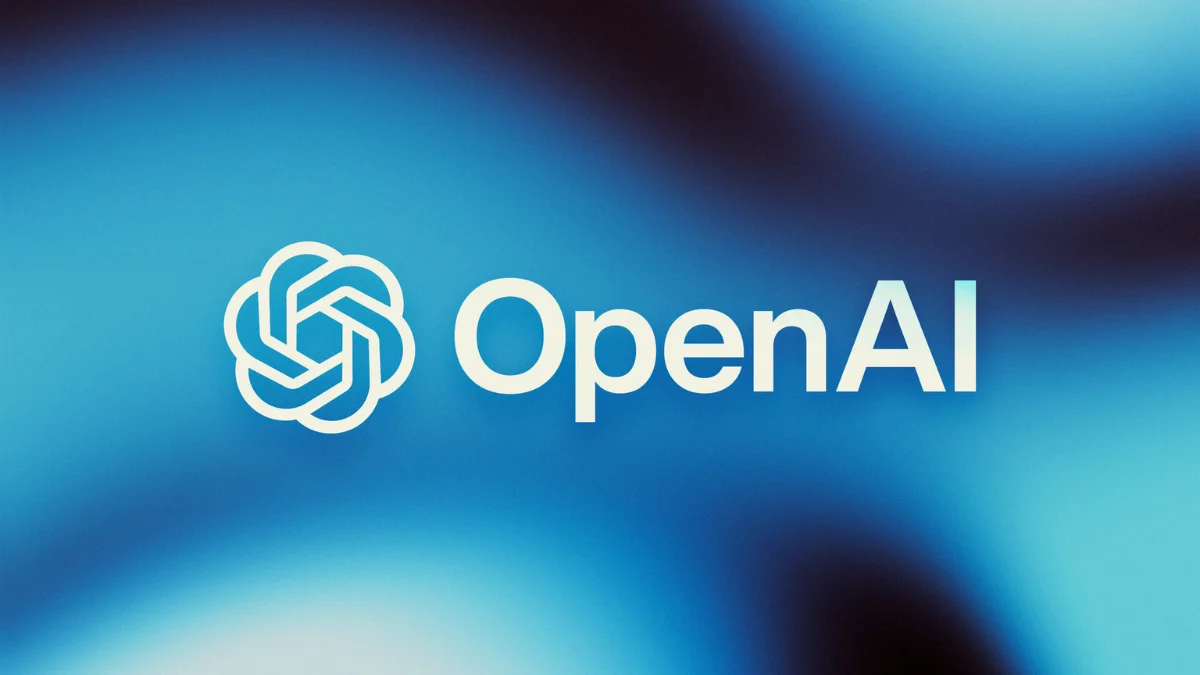Necessary Always Active
Necessary cookies are required to enable the basic features of this site, such as providing secure log-in or adjusting your consent preferences. These cookies do not store any personally identifiable data.
|
||||||
|
||||||
|
||||||
|

In Focus
Curiosity now meets purpose as the U.S.-based AI research organization OpenAI has introduced INDQA, a benchmark aimed at assessing large-language models’ proficiency in Indian languages and cultural contexts.
According to OpenAI, the benchmark is designed for evaluating how well AI models understand and reason about questions that matter in Indian languages. The move is significant for decision-makers focused on AI localization, regional market entry, and enterprise deployments in India.
Related Post – OpenAI Weighs Targeted ChatGPT Ads Using on Memory Data
An adversarial filtering and rubric-scoring approach was used to ensure questions were challenging even to prior model generations; for example, OpenAI’s prior GPT-4o, o3, and GPT-4.5 were used in screening.
The focus on local scripts, code-mixing (e.g., Hinglish), and domain expertise suggests stronger readiness for regional intelligence, rather than purely translation or multiple-choice assessments. In a strategic push into the Indian market, OpenAI announced free access for one full year to its OpenAI free ChatGPT Go India subscription plan for users in India.
For businesses, especially those engaging in regional Indian operations, AI localization or multilingual applications, INDQA holds several practical implications.
For the first time at scale, OpenAI INDQA offers a structured benchmark to measure AI model performance across Indian languages with deep cultural nuance, moving far beyond basic translation accuracy. Recently, OpenAI prepared for an initial public offering (IPO) that could value the company at as much as $1 trillion, as reported on 31 October, 2025.
This development provides enterprises and AI vendors with a concrete framework to evaluate linguistic reasoning and cultural comprehension in regional markets.
“While our aim is to create similar benchmarks for other languages and regions, India is an obvious starting point,” OpenAI added in its blog post.
Through the launch of INDQA, OpenAI not only advances technical benchmarking but also signals a shift in how global AI platforms approach India’s diverse language ecosystem. As enterprises increasingly face competition in local markets, regional language performance and cultural competence may become differentiators rather than afterthoughts.